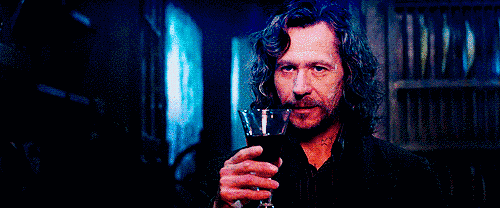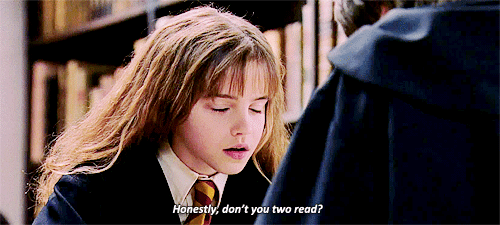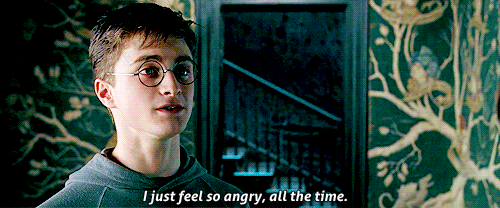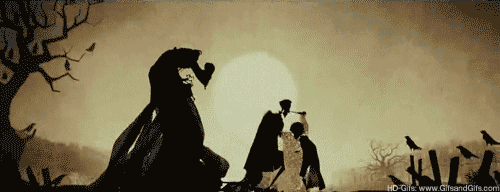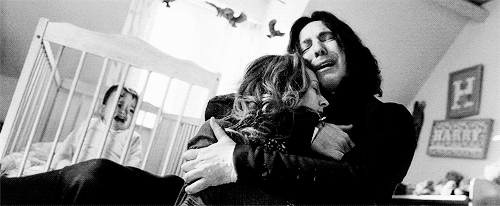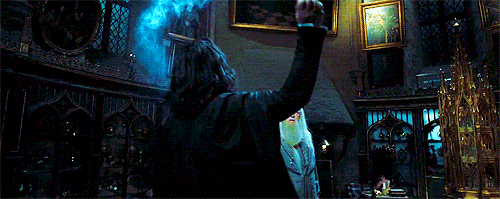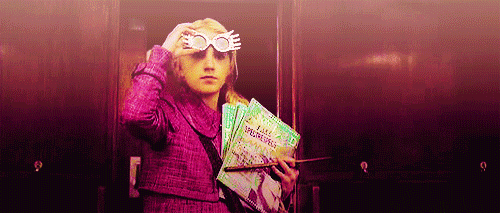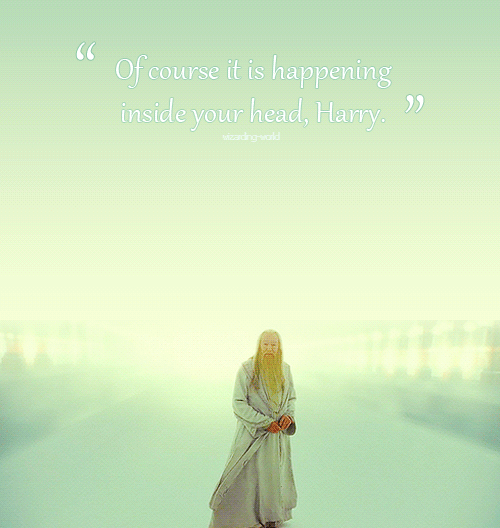2016 is a big year for "Harry Potter" fans, with "Harry Potter and the Cursed Child" being released as a play as well as a book, the opening of a second “Wizarding World of Harry Potter” (in Universal Studios Hollywood!) in April, and the movie “Fantastic Beasts and Where to Find Them” coming out in November. All this action after years of no new "Harry Potter" content has been re-awakening my obsession (I spent an entire night last week on Pottermore.com when I should have been studying).
So, I’ve recently been reflecting on the series that has been such a big part of my life growing up and trying to pinpoint what exactly made it so great, and what made it appeal to so many people, and realized that it was the things that the books and movies taught me that really made the series special.
Here are the seven lessons that stuck out the most to me:
1. It’s okay to be a nerd — the nerd always ends up saving the day.
11-year-old me idolized Hermione (well, “adult” me does too). What other series has such a strong female protagonist who solves things with sheer intelligence and bravery? Feeling like a nerd throughout grade school was bearable because of Hermione – it gave me confidence and comfort in the way that I was.
Young girls are told you have to be the delicate princess. Hermione taught them you can be the warrior.” – Emma Watson
2. Character is determined by your actions, not your thoughts.
Nobody’s perfect. We all falter in our morals and occasionally flirt with the thought of taking the easy way out. Just think of how much easier life would be if we didn’t care as much about being selfless, or kind, or brave. But we do care. So our test of character lies in which wants we choose to indulge and which ones we overcome for the sake of something bigger than ourselves, as we learn from Harry and all of his fifth year angst.
“We've all got both light and dark inside us. What matters is the part we choose to act on. That's who we really are.” – Sirius Black
3. Mortality is not something you can avoid or escape.
If the concepts of the Deathly Hallows and Horcruxes taught us anything, it’s how futile human attempts to evade death can be. We can’t run or hide from it, and we can’t ever actually bring back those who have passed, regardless of whether or not they “deserved to live.” Death is everyone’s ultimate fate, and it’s always going to be there, and that’s okay.
“To the well-organized mind, death is merely the next great adventure.” – Albus Dumbledore
4. Unconditional love does exist.
Loving someone simply for the sake of loving them is possible, even if you don’t always get much return. Some key characters in "Harry Potter" show us how to take the ego out of love, and we see how much they do simply for the sake of someone else.
“From the tip of his wand burst the silver doe: She landed on the office floor, bounded once across the office, and soared out of the window. Dumbledore watched her fly away, and as her silvery glow faded he turned back to Snape, and his eyes were full of tears.
‘After all this time?’
‘Always,’ said Snape.”
– Harry Potter and the Deathly Hallows
Rest in peace, Alan Rickman.
5. True character shows when someone is kind without incentive.
Realizing that everything you have is a product of circumstance and the help you have received along the way gives you the mindset to approach everyone with admiration and respect, regardless of where they are in life.
“If you want to know what a man’s like, take a good look at how he treats his inferiors, not his equals.” –Sirius Black
6. Society’s opinion of a person has nothing to do with their worth.
Even when most people think someone is crazy, mean, or just straight up weird, you never truly know them until you take it upon yourself to figure them out. Some of the most vital characters in Harry’s journey were cast off by society in one way or the other, yet Harry ignored these implications and gained crucial allies, as well as some lifelong friends.
"Differences of habit and language are nothing at all if our aims are identical and our hearts are open." — Harry Potter and the Goblet of Fire
7. There’s nothing wrong with legitimizing what goes on in your head.
We have been trained only to rely on cues from what goes on in the world around us – events, conversations, and physical objects. Yet so much of who we are comes from within – morals, epiphanies, instinct, etc. Harry’s primary struggle wasn’t dueling Voldemort or gaining support from other witches and wizards. The biggest hurdle Harry faced was dealing with his own thoughts and emotions, reconciling his awful childhood with the new magical world he found himself in, fighting against the underlying darkness inside him, and disciplining himself to accept the responsibility that was thrust upon him when he was a mere infant.
“Of course it is happening inside your head, Harry, but why on earth should that mean that it is not real?” – Albus Dumbledore

